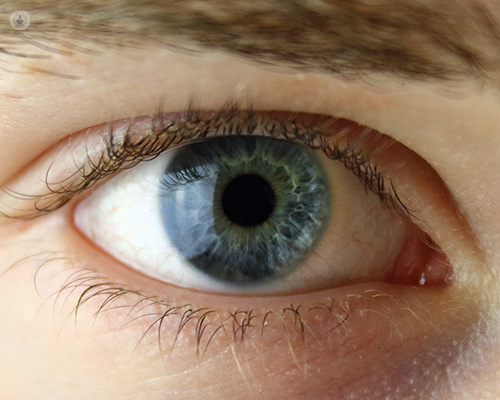Intravitreal injections: are they painful, and what can they treat?
Written in association with:In one of our latest articles here, Mr Aires Lobo, a highly revered consultant ophthalmologist, reveals what eye conditions are most commonly treated with intravitreal eye injections, whilst also revealing how often patients need to have intravitreal injections.

What conditions can be treated with intravitreal injections?
You can treat a whole host of conditions with intravitreal injections. We can treat diabetic eye disease, central retinal vein occlusions, age-related macular degeneration, and abnormal blood vessel appearance at the back of the eye.
How often do most patients need to have intravitreal injections?
It depends on what is being treated. If it is for age-related macular degeneration, we have little antibodies that we inject in the patient’s eye. Depending on how long the chemical lasts for, patients will need to have an injection every four to six weeks. There are some chemicals that have a benefit of between 12 and 16 weeks.
On the other hand, steroid implants can last between four to six months, and another one that lasts between two to three years, but it’s all about which one we use for each condition.
Do I need to rest my eyes after intravitreal injections?
I usually advise my patients that they go home and rest after intravitreal injections. If they have discomfort, I usually advise applying a cool pack on the eye, or, if needed, paracetamol can be taken.
What are the associated risks?
Most commonly, patients can suffer a retinal detachment or retinal tear. I usually do around 4,000 injections a year and usually see one retinal detachment per year. There is also a risk of infection. Patients can also experience floaters, flashing lights, and red eye or inflammation.
Are intravitreal injections painful?
There is a level of discomfort, yes, and some patients need a little more time than others to recover after getting intravitreal injections in the eye. It can be quite painful unfortunately.
Mr Aires Lobo is a well-regarded consultant ophthalmologist who specialises in intravitreal eye injections. If you feel as though these injections could benefit you, make sure to book a consultation with Mr Lobo today via his Top Doctors profile.


